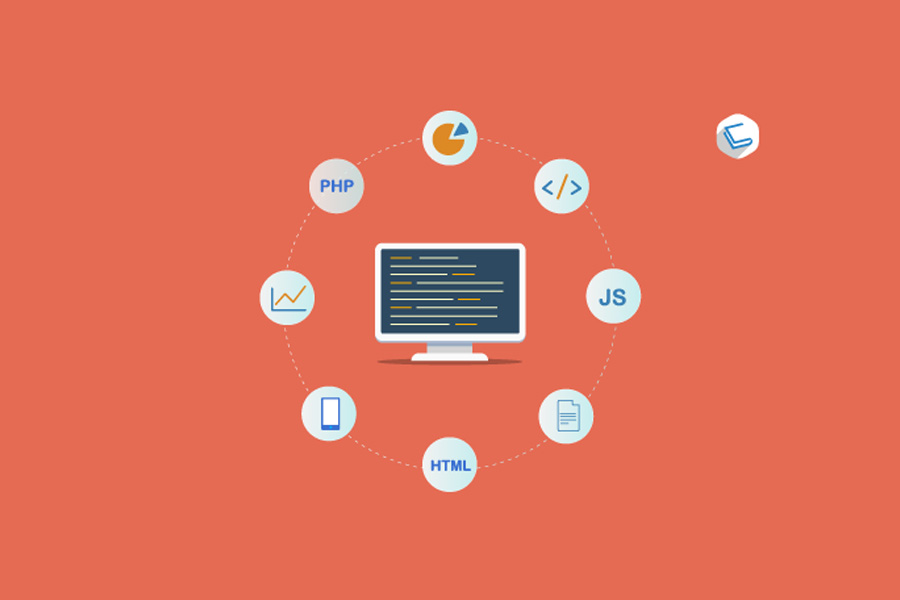Introduction
Bridging the gap between data science and educational technology holds immense potential for transforming how people learn and how educational systems operate.
Application of Data Science Technology in Education
Here is how data science can shape the future of educational technology:
Personalised Learning:
Data science enables the collection and analysis of vast amounts of data on students’ learning behaviours, preferences, and performance. This data can be used to personalise learning experiences, providing tailored content, pace, and instructional methods to individual students based on their strengths, weaknesses, and learning styles. A specialised course that is tailored for the academic segment and educators will train learners on personalising learning based on data science techniques. Some urban learning centres offer such a targeted Data Science Course in Chennai, Bangalore, Delhi and such cities.
Predictive Analytics:
By applying predictive analytics techniques to educational data, such as student demographics, academic history, and engagement metrics, educators can identify students who may be at risk of falling behind or dropping out. Early intervention strategies can then be implemented to provide additional support and resources to these students, ultimately improving retention rates and academic outcomes. Predictive analytics is a discipline in data science learning that has extensive applicability and is being adopted across industries and businesses. Thus, any Data Science Course will include substantial coverage on predictive analytics.
Adaptive Learning Systems:
Data science can power adaptive learning systems that dynamically adjust the difficulty and sequence of learning materials based on students’ real-time performance and comprehension. These systems can optimise learning trajectories to ensure that each student receives the right level of challenge and support, leading to more efficient and effective learning outcomes.
Learning Analytics:
Learning analytics involves the use of data science techniques to analyse patterns and trends in educational data, such as student assessment scores, course completion rates, and online interactions. By gaining insights from this data, educators can make data-driven decisions to improve instructional design, curriculum development, and educational policy. Chennai, for instance, is a city where there are coaching centres where students from across the country are prepared for taking various competitive examinations that qualify them for advanced courses in medicine, engineering, management, commerce, and so on. Because the reputation of these coaching centres depend on the success rate of their students, such training centres prefer to employ teachers who have acquired skills in learning analytics by completing a Data Science Course in Chennai in addition to being well qualified in their respective subjects.
Feedback and Assessment:
Data science can enhance feedback and assessment processes by automating the grading of assignments, providing immediate feedback to students, and generating insights for educators on students’ progress and areas for improvement. Natural language processing and machine learning algorithms can also be used to analyse written responses and provide more nuanced feedback to students.
Educational Research:
Data science enables researchers to conduct large-scale studies on educational interventions, teaching strategies, and learning outcomes. By analysing data from educational technology platforms, researchers can evaluate the effectiveness of different approaches and contribute to the evidence base for best practices in education.
Resource Allocation:
Educational institutions can use data science to optimise resource allocation, such as staffing, budgeting, and infrastructure planning, to better meet the needs of students and educators. By analysing data on resource utilisation and demand, institutions can make informed decisions to improve efficiency and equity in education delivery. Many learning centres and institutes encourage their management personnel to acquire data analytics skills by sponsoring them for a Data Science Course or conducting specialised in-house training sessions for them.
Ethical Considerations:
As with any application of data science, ethical considerations are paramount in the context of educational technology. It is essential to ensure the responsible collection, storage, and use of student data, as well as to address concerns related to privacy, equity, and algorithmic bias in educational systems.
Conclusion
By leveraging the power of data science, educational technology has the potential to revolutionise how people learn, how educators teach, and how educational systems operate. However, it is crucial to approach this transformation thoughtfully and ethically to ensure that the benefits of data-driven education are equitably distributed and that the privacy and dignity of learners are protected.
BUSINESS DETAILS:
NAME: ExcelR- Data Science, Data Analyst, Business Analyst Course Training Chennai
ADDRESS: 857, Poonamallee High Rd, Kilpauk, Chennai, Tamil Nadu 600010
Phone: 8591364838
Email- enquiry@excelr.com
WORKING HOURS: MON-SAT [10 AM-7 PM]






